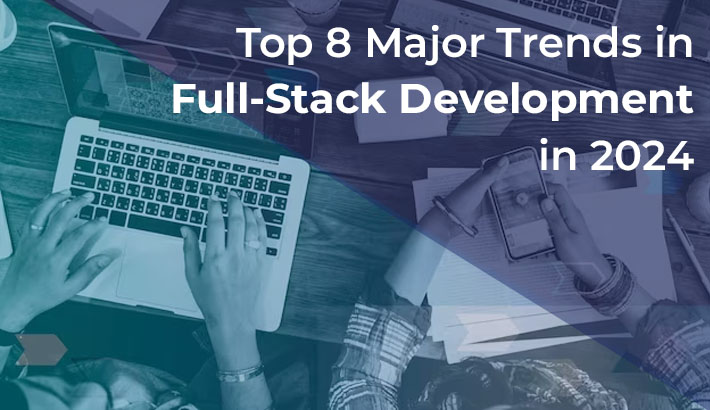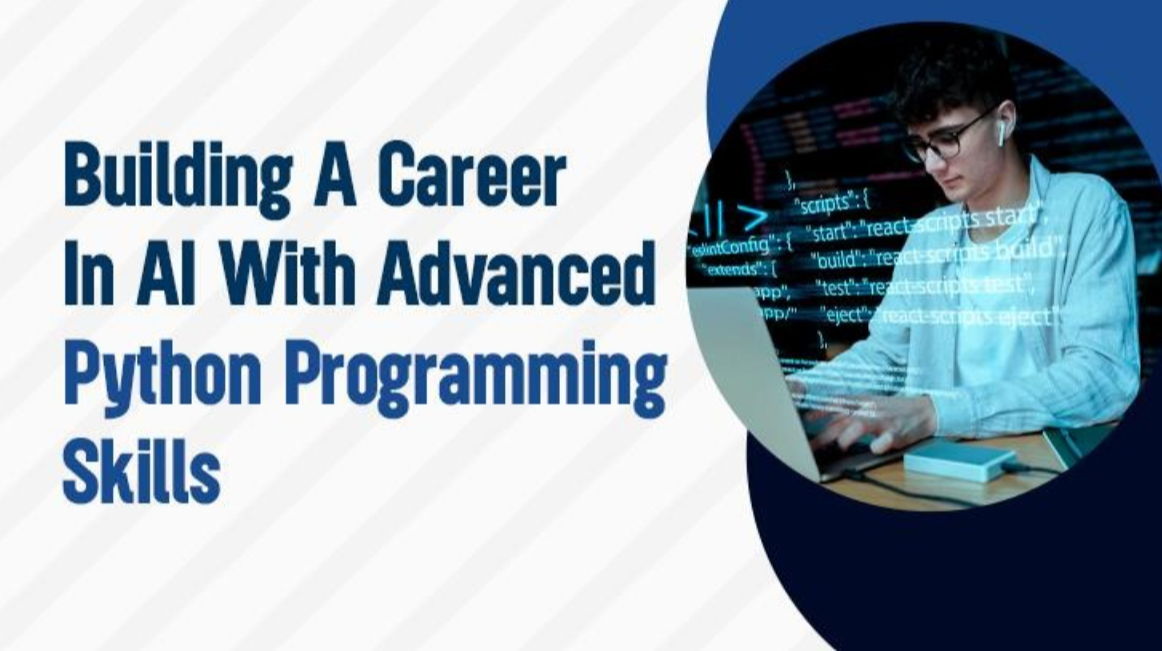In the ever-evolving landscape of technology, full-stack development continues to be a crucial player, bridging the gap between frontend and backend technologies.
As we step into 2024, let's explore the top eight major trends shaping the world of full-stack development.
AI-Driven Full-Stack Development
-
Artificial Intelligence (AI) is no longer confined to niche applications; it's becoming an integral part of full-stack development. Developers are leveraging machine learning algorithms for enhanced user experiences, smart automation, and data-driven decision-making. AI-driven tools are streamlining development processes, boosting productivity, and opening new avenues for innovation.
Cross-Platform Development with WebAssembly
-
WebAssembly (Wasm) has gained significant traction, allowing developers to build high-performance applications that run seamlessly across different platforms. In 2024, expect to see an increased adoption of WebAssembly for developing cross-platform applications, enabling developers to write code in languages like C, C++, and Rust and run them on the web at near-native speed.
Serverless Architecture Evolution
-
Serverless architecture continues to evolve, offering a scalable and cost-effective solution for full-stack development. In 2024, serverless frameworks and services will become more mature, providing developers with greater flexibility and ease of deployment. This trend is expected to drive increased efficiency and cost savings for businesses adopting full-stack serverless solutions.
Jamstack for Modern Web Development
-
JavaScript, APIs, and Markup (Jamstack) is reshaping how developers approach web development. By decoupling the frontend and backend, Jamstack architectures offer improved performance, security, and scalability. Expect to see the continued rise of Jamstack in 2024, as developers embrace its simplicity and the ability to create dynamic, modern web applications.
Extended Reality (XR) Integration
-
As Extended Reality technologies like augmented reality (AR) and virtual reality (VR) gain momentum, full-stack developers are incorporating XR into their skill sets. From immersive web experiences to XR-powered applications, developers in 2024 will explore new possibilities, creating innovative solutions that redefine user interactions and engagement.
Progressive Web Applications (PWAs) Dominance
-
Progressive Web Applications have been on the rise, providing users with a native app-like experience on the web. In 2024, expect PWAs to dominate the full-stack development scene as they continue to offer improved performance, offline capabilities, and seamless user experiences across various devices. PWAs will become a standard in modern web development.
Low-Code and No-Code Development
-
The trend towards democratizing software development through low-code and no-code platforms is set to continue in 2024. These platforms empower individuals with limited coding experience to contribute to full-stack development projects. As the technology matures, more organizations will leverage low-code and no-code solutions to accelerate development timelines and enhance collaboration between technical and non-technical teams.
Security-First Development
-
With the increasing frequency and sophistication of cyber threats, security is paramount in full-stack development. In 2024, developers will prioritize security-first approaches, implementing robust security measures throughout the development lifecycle. From secure coding practices to regular security audits, the emphasis on building and maintaining secure applications will be a central focus.
As full-stack development continues to evolve, these eight trends are poised to shape the industry in 2024. From the integration of AI and XR to the dominance of PWAs and the rise of low-code solutions, developers are navigating an exciting landscape of innovation and possibilities. By staying abreast of these trends, full-stack developers can ensure they are well-equipped to tackle the challenges and opportunities that lie ahead in the dynamic world of technology.





Leave a reply